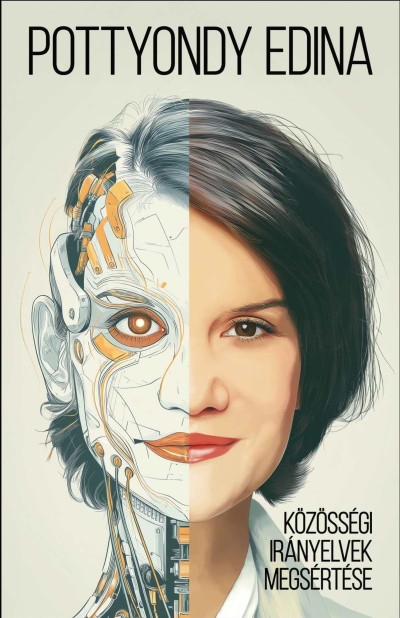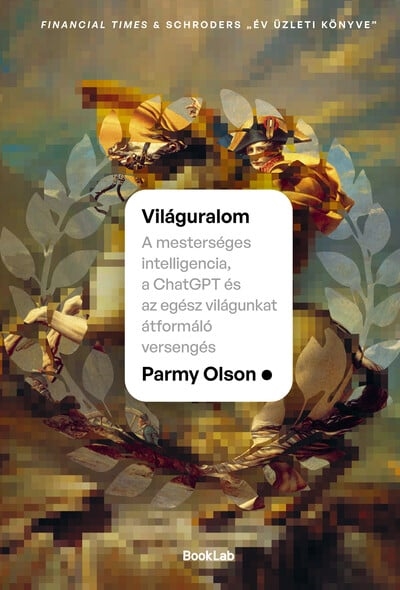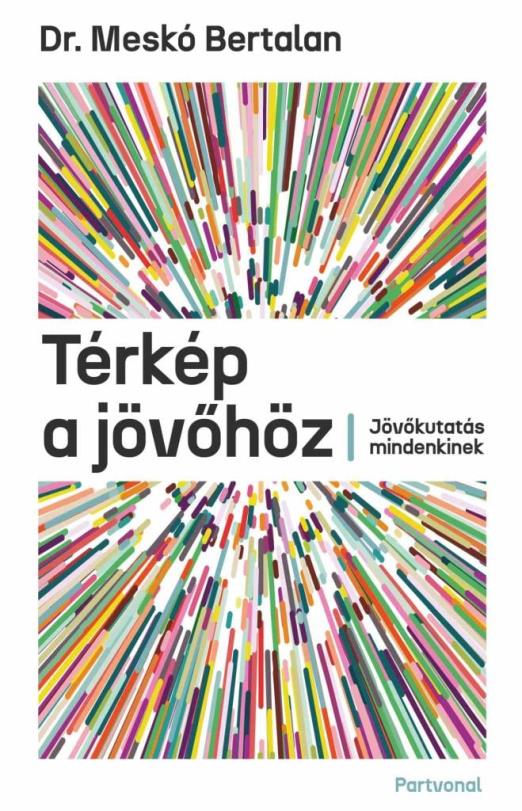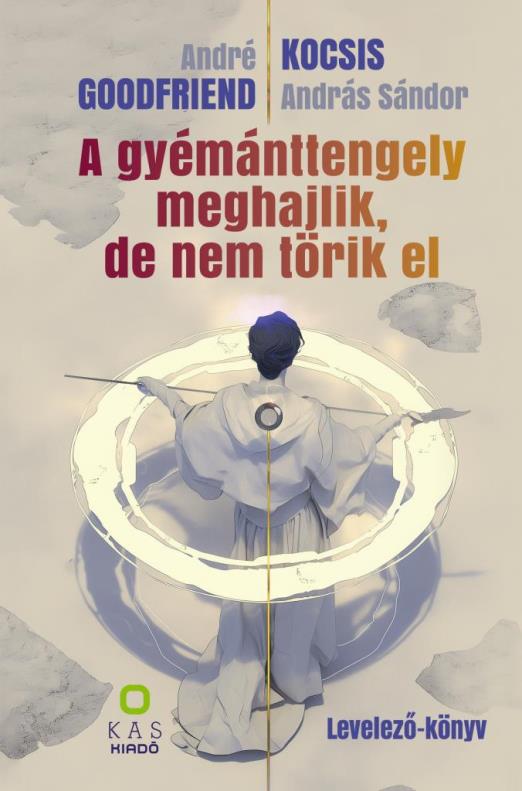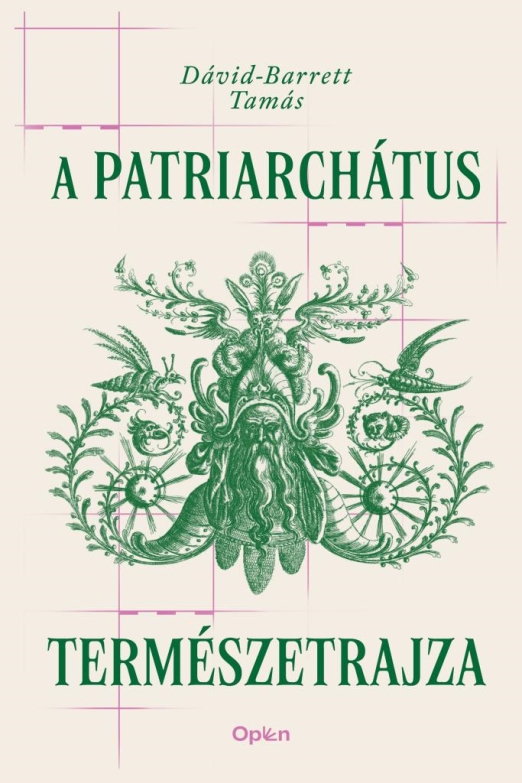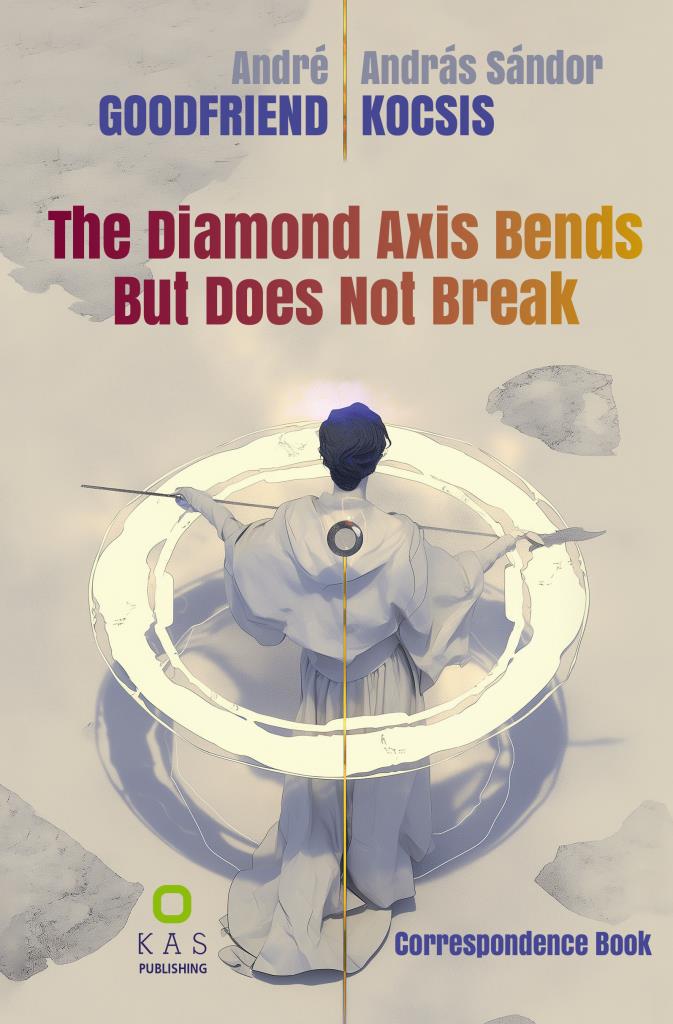
The reader holds in their hands a book that captures a dialogue between two individuals – a Hungarian and an American – exchanging messages across the internet. The two authors alternate between speaker and respondent, not as ideological opponents but as individuals shaped by distinct styles and life journeys.
Raktári kód:
234983
Kötésmód:
füles, kartonált
Oldalszám:
216
Szállítás:
1-2 munkanap
Készleten
Eredeti ár:
5 990 Ft
Kötött ár:
5 391 Ft
Adatok
The reader holds in their hands a book that captures a dialogue between two individuals – a Hungarian and an American – exchanging messages across the internet. The two authors alternate between speaker and respondent, not as ideological opponents but as individuals shaped by distinct styles and life journeys. Roughly contemporaries in age, their worldviews have nonetheless been molded by profoundly different experiences.
Their reflections resonate with the tensions of our time, drawing insight from both history and the urgent lessons of the present. They respond to each other’s cultures, histories, and the unique positions their countries hold within the global community. The themes they explore are timeless, yet gain striking relevance when set against today’s realities.
And yet, the true value of this book lies not simply in the fact that two thoughtful and capable individuals are in conversation. What matters most is that they listen. They look at the world as it is – and as it could be. Neither shies away from disagreement. Neither hesitates to question so-called “facts.” And neither is unwilling to reconsider a position in light of fuller and more accurate information.
They believe that even the most difficult problems – if rooted in misunderstanding – can be addressed with courtesy and intelligent argument. As we read, we begin to hope: that politics might once again become human-centered, that we might move beyond alienation. But for that, we need dialogue – real, searching, meaningful dialogue. That’s what this book offers. And even faint lights, such as these, have the power to pierce the darkness of our time. May the light prevail – and may each of us find someone with whom to talk, and from whom to learn.
M. André Goodfriend is a humanist dedicated to advancing the applied humanities. A former U.S. diplomat, he served in Hungary, Syria, the United Kingdom, Africa, Russia, India, Israel, and Washington, D.C., focusing on national identity, citizen welfare, civil society, human rights, border security, conflict prevention, and transparent governance. He is currently an independent consultant and affiliated with the University of Arizona. In his free time, he enjoys photography, singing, hiking, cycling, and staying connected with friends and family around the world.
András Sándor Kocsis is a sociologist, publisher, and sculptor. For over three decades, he led the Kossuth Publishing Group, one of Hungary’s foremost publishing houses. He served as vice president and later president of the Association of Hungarian Publishers and Booksellers for twenty-eight years. Alongside his professional work, he held long-term board positions with Duna Television, Hungarian Television, and Hungarian Radio. He is the founding president of the 21st Century Society, which – based on an idea by Szilveszter Ördögh – established one of Hungary’s most prestigious civil cultural honors, the Hazám Prize. He has gathered insights from more than fifty countries. He is the author of twelve books and has published over ten volumes as a photographer. He enjoys travel, sports, photography, and the visual arts.
Their reflections resonate with the tensions of our time, drawing insight from both history and the urgent lessons of the present. They respond to each other’s cultures, histories, and the unique positions their countries hold within the global community. The themes they explore are timeless, yet gain striking relevance when set against today’s realities.
And yet, the true value of this book lies not simply in the fact that two thoughtful and capable individuals are in conversation. What matters most is that they listen. They look at the world as it is – and as it could be. Neither shies away from disagreement. Neither hesitates to question so-called “facts.” And neither is unwilling to reconsider a position in light of fuller and more accurate information.
They believe that even the most difficult problems – if rooted in misunderstanding – can be addressed with courtesy and intelligent argument. As we read, we begin to hope: that politics might once again become human-centered, that we might move beyond alienation. But for that, we need dialogue – real, searching, meaningful dialogue. That’s what this book offers. And even faint lights, such as these, have the power to pierce the darkness of our time. May the light prevail – and may each of us find someone with whom to talk, and from whom to learn.
M. André Goodfriend is a humanist dedicated to advancing the applied humanities. A former U.S. diplomat, he served in Hungary, Syria, the United Kingdom, Africa, Russia, India, Israel, and Washington, D.C., focusing on national identity, citizen welfare, civil society, human rights, border security, conflict prevention, and transparent governance. He is currently an independent consultant and affiliated with the University of Arizona. In his free time, he enjoys photography, singing, hiking, cycling, and staying connected with friends and family around the world.
András Sándor Kocsis is a sociologist, publisher, and sculptor. For over three decades, he led the Kossuth Publishing Group, one of Hungary’s foremost publishing houses. He served as vice president and later president of the Association of Hungarian Publishers and Booksellers for twenty-eight years. Alongside his professional work, he held long-term board positions with Duna Television, Hungarian Television, and Hungarian Radio. He is the founding president of the 21st Century Society, which – based on an idea by Szilveszter Ördögh – established one of Hungary’s most prestigious civil cultural honors, the Hazám Prize. He has gathered insights from more than fifty countries. He is the author of twelve books and has published over ten volumes as a photographer. He enjoys travel, sports, photography, and the visual arts.
Vélemények
Hírek
